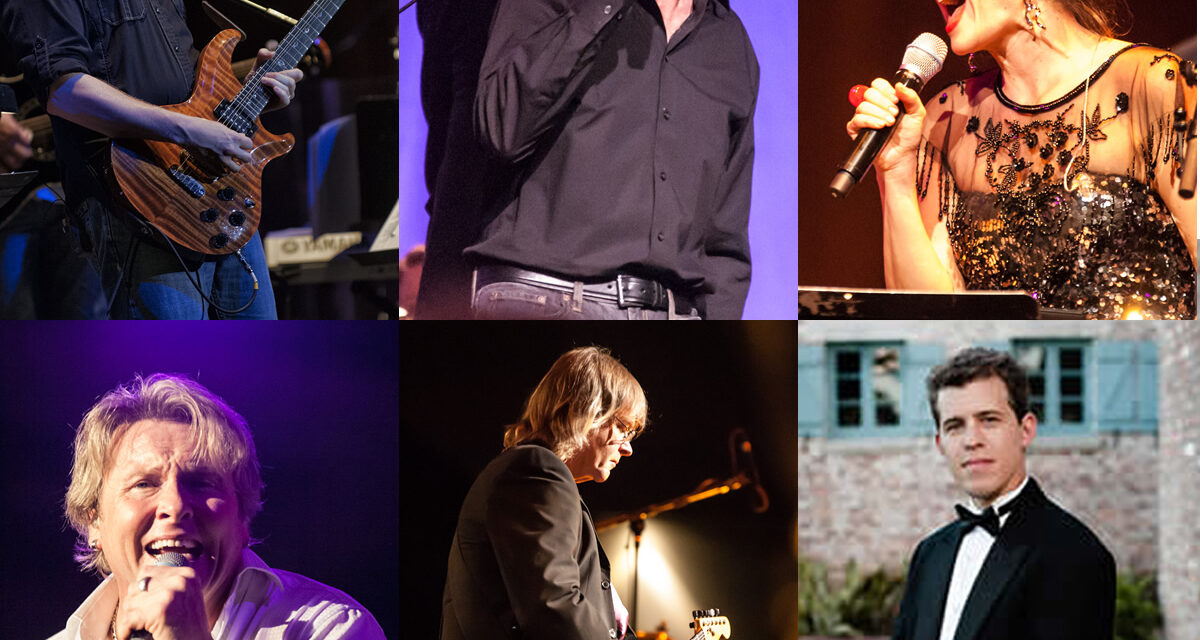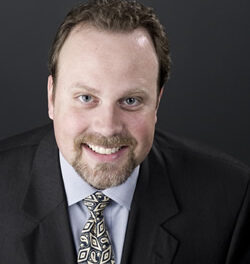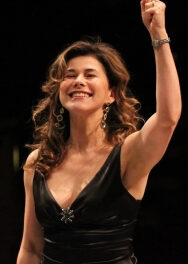The Eastern Music Festival, a mainstay of cultural life in central NC for 58 years, chugs along, producing concert after concert at high levels of technical and artistic proficiency, virtually night after night, in Greensboro, mostly on the campus of Guilford College. Two weeks remain this season. Yes, there are other festivals in our state, but none is as richly staffed as the EMF, which this year boasts superior faculty from all over and students ages 14-23 from 41 states and 21 countries. And they welcome – indeed they thrive on – the attention and support of the public and the press.
The faculty orchestra has long been renowned as one of the best in the state if not the whole southeast. Based on the performance under discussion here, one might be inspired to say the Eastern Festival Orchestra is, simply, the best. For openers, it sounds like an orchestra, with sufficient strings to offset the other sections of the band – winds, brass, and percussion, too. And the hall in which it plays, Dana Auditorium, is a true gem in terms of its acoustics. Yes, it could stand some exterior maintenance but, inside, this place has an admirable length-to-width ratio, a very small balcony overhang, and comfortable seating in front of a stage with more than adequate depth for ensembles of all sizes and configurations.
Music director Gerard Schwarz knows his business like few others; among other things he seats his ensembles so as to attain the best sonic results, even dividing the violins and positioning the violas, basses, and cellos so as to maximize their audibility. And he can conduct music from all periods and in all styles with comparable excellence. (He has recently added another orchestra to the list of posts he juggles: the Palm Beach Symphony.) Finally, what other American orchestra could make French music – which formed the second part of this program – with such distinctive Gallic timbre and such idiomatic attention to detail – including portamenti? This was one impressive evening!
Following opening remarks the concert began with the overture to Beethoven’s only ballet, The Creatures of Prometheus, Op. 43. It’s more than a pot-boiler, and the playing was as impressive as the interpretation – crisp, precise, magnificently balanced. (The rest of the music merits attention, and with an ensemble like this one at the ready, one may be sure they’d realize it splendidly.)
Awadagin Pratt is, quite simply, one of the world’s great pianists – who else comes close to him in terms of prowess and skill nowadays? Very, very few are in his league. That he has become a regular participant in the EMF since at least 2008 provides further testimony to the excellence of the summer study program there. We carried on about him then, and with each return his artistry has improved, if that’s possible. His performance of Beethoven’s “Emperor” Concerto (in E-flat, Op. 73), was one of towering magnificence, enhanced and augmented at every turn by comparably excellent work from the orchestra and its distinguished players and led with calm assurance by Schwarz. (It was both humid and warm, and Pratt, wearing socks that matched his vibrant shirt, did a lot of mopping and wiping – more than enough to take care of the conductor, too, although Schwarz seemed cool as a cucumber throughout). The conductor kept the audience from erupting after the first movement but when the concerto ended with its triumphant dash, there were cheers and much thunderous applause from the standing crowd in the packed house. In retrospect, we recall many excellent performances of this great, great piece, both live and on record, from celebrated artists, many no longer on the scene. This was certainly one of the best. And the audience sensed how good it was, too, bringing the pianist back for two solo bows and two more with the conductor.
Then, some folks left. Awadagin groupies, one supposes. That’s understandable.
But these people missed a perhaps even more magical second half, devoted to French music. We’ve hinted at this already. Boston and Montreal have the tradition well in hand. This orchestra also got it. These artists in Greensboro did Ravel’s Mother Goose Suite and Debussy’s Danse sacrée et danse profane – with exquisite playing from harp soloist Morgan Short – and Ravel’s “La Valse” with the kind of awareness that transported listeners of a certain age back to the time when our orchestras all had distinctive voices and musical personalities – a time before the homogenization of all our orchestras such as is mostly the case now. This was French music with a real French flair – and the results were breathtaking to experience, making one feel one was hearing some of this fare for the first time. The superior winds, whose presence had already enriched the music in the first half, came into recurring spotlights here, individually and as a beautifully unified ensemble. The strings – ah! those strings! – were consistently idiomatic and completely unified. And the brass and percussion were present with power and force that was always within bounds, even in the finale of the Valse, which is Ravel’s 1919 farewell to the waltz, to Vienna as it would never be again, and – in effect – to the world that the war had so very recently gripped. Anyway, when it comes to music, live is best any day of the week, and this was a stunning musical statement from Schwarz and his players at the end of a concert that moved from strength to strength. (One might almost say the people there – in the hall and on stage, too – reveled in all this, but that would be a bad pun, wouldn’t it?)
The festival continues. See our calendar for details of remaining concerts. And this program repeats July 14, in Boone, as part of An Appalachian Summer Festival. For details of that, see the sidebar.













